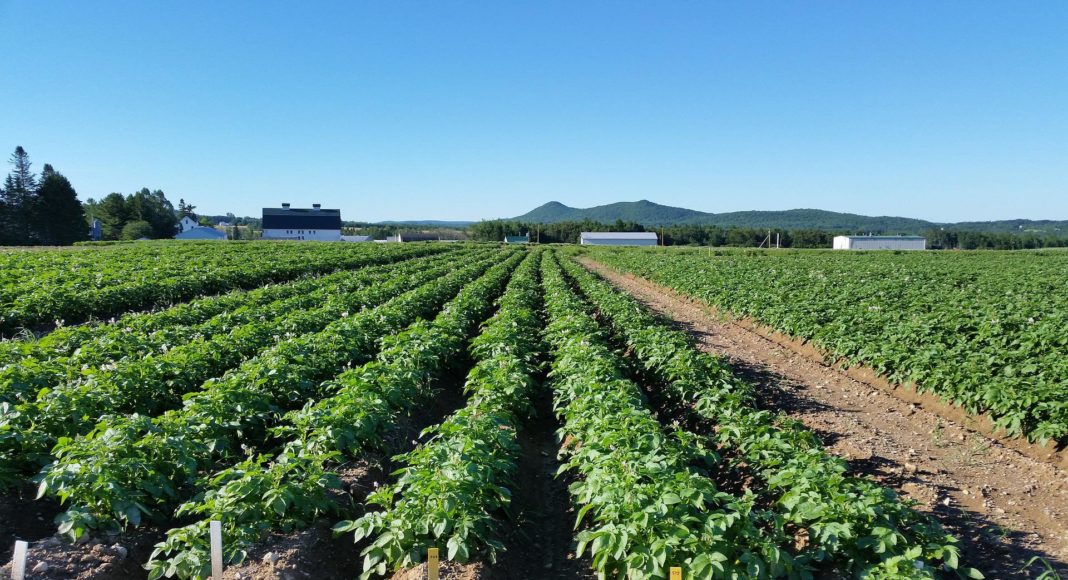New research from Wageningen University and Research has found the self-compatibility gene of diploid potatoes, Sli gene, in tetraploid potato varieties, an Aug. 24 news release said.
“In previous research, the Sli gene had only been described for the diploid wild species Solanum chacoense. I discovered that this gene is widely present in contemporary potato varieties. This insight provides us with a more favourable starting point for breeding, as we don’t have to rely on wild material,” PhD candidate Corentin Clot, who made the discovery, said in the release.
The release noted compared to diploid potatoes, tetraploid varieties have been improved for many quality traits and high marketable yield. As part of Clot’s research, he looked for a way to cross tetraploid varieties with diploid parents yo transmit their fixed set of traits.
“Normally, crosses between parents with unequal ploidy levels are not possible. When gametes (reproductive cells, ed.) are formed, the genetic material is halved. The pollen of a diploid parent will contain one copy of each chromosome, and the eggs of a tetraploid variety two copies of each chromosome. The triploid embryos resulting from such a cross cannot develop into seeds,” he said.
But he was able to discover that if during pollen production the halving of chromosome number fails, a diploid parent will produce ‘unreduced pollen’ which can successfully fertilize the eggs of a tetraploid.
“I have now localized the main hereditary factors that contribute to this trait. After fixation, this chromosome-restitution is the second step of our innovation,” Clot noted.
These findings offer a new approach for potato breeders. With the two-step strategy, it allows for a focus on fixation of a set of important genes and allows for breeders to stay away from inbreeding, Clot said. From here Clot is working with potato breeding companies to translate his research into practical applications.
Related Articles
New Potato Gene Which Will Speed Up Hybrid Breeding Found











